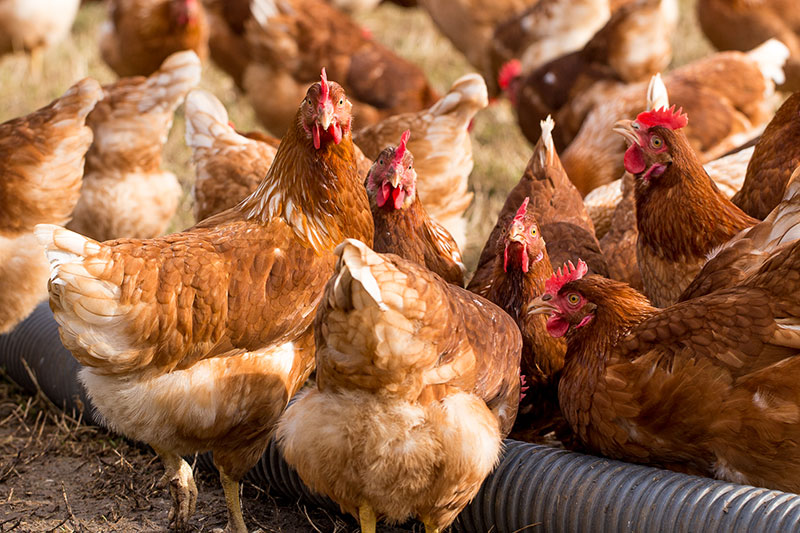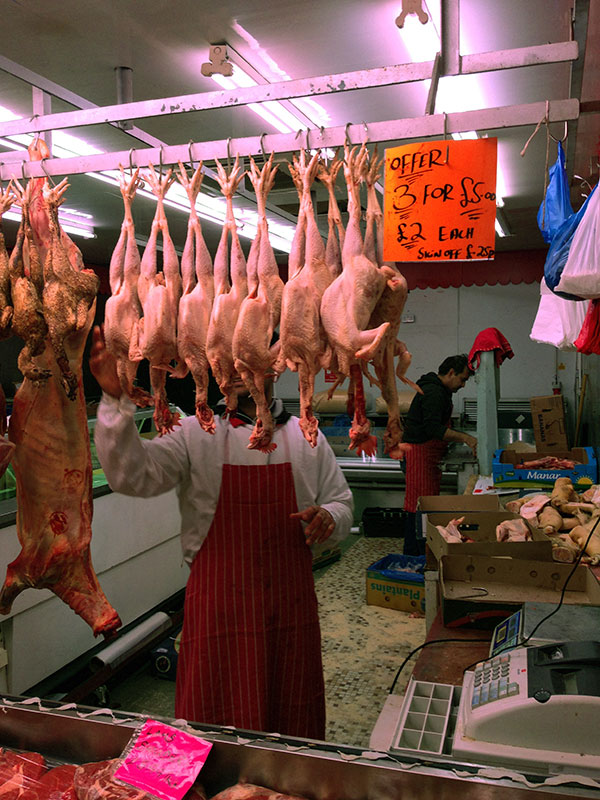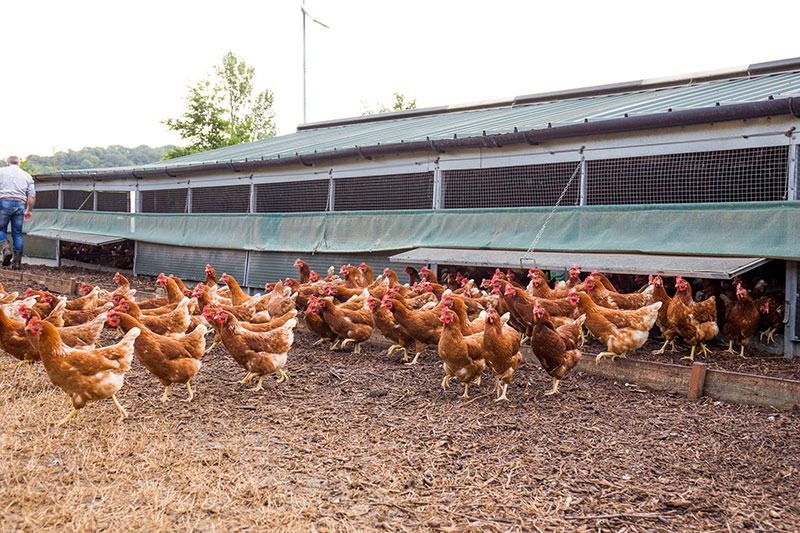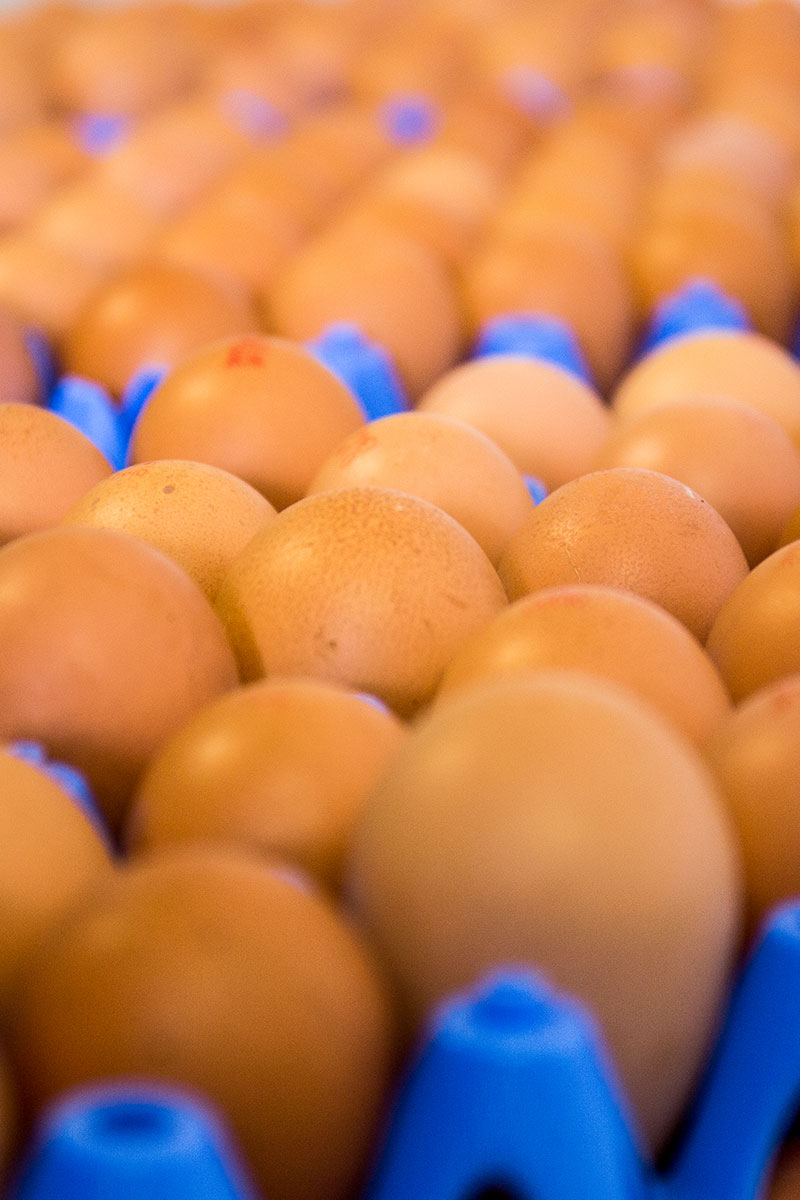Eggs, beautiful eggs. We love eating them, we buy billions of them every year and all have an opinion on the best way to cook them. I’ve recently become an egg-spert on these fascinating storecupboard staples, having spent a few months researching far and wide into how the UK egg market operates on my Food Policy MSc course.
To celebrate the beautiful occasion of submitting this year’s final coursework, I want to share 21 things I discovered whilst writing my research. If you want to know more, just get in touch, there’s about 1001 things I know about eggs now.

21 Things You Didn’t Know About Eggs
The UK consumed nearly 12 billion eggs in 2014 and that’s increasing.
That’s 185 per person, per year.
In the 1960s, it was 250 per person, per year, but that figure slumped by the eighties.
85% of UK egg consumption is produced in the UK.
50% of all UK eggs are now free range. 25 years ago, only 5-7% were free range.
Battery cages were banned under EU law since 2012. Their successor, enriched cages, are being phased out by all major retailers by 2025.
Most production in the USA is from battery hens. Only a couple of states have banned them.
Americans love white eggs, British love brown eggs. There’s no other difference aside from colour.
Most commercial laying hens in the entire world come from one of three genetics companies.
Hens begin laying eggs around 18 weeks of age, become highly productive around 25-39 weeks, then start to decline significantly around 72 weeks. This is often when they are slaughtered.
Experts believe the most important feature for a hen’s welfare is having the maximum space per bird, not access to outside space.
There were 35,846,890 UK chickens responsible for egg production in 2013
Noble Foods controlled 60-70% of the UK egg market in 2006, before having to divest one of their acquisitions in the interests of competition.
Eggs are used to make flu vaccines.
Ex-laying hens, at the end of life are known as ‘spent hens’ or ‘boiling fowl’. They have a stronger flavour, firmer meat and require extended cooking. They are also much, much cheaper than normal birds, three for £5 (see image), if you can find them.
The Romans found evidence of the British keeping hens to lay eggs.
However, traditionally, the bird was more valuable than the egg, so there was a culture against eating eggs.
Some people lie about buying higher welfare eggs. The percentage of people who say they buy free-range exceeds the percentage of free-range eggs sold. This is known as the ‘consumer attitude-behaviour gap’.
At birth, the chicks are sexed. The male chicks are immediately killed, because they can’t lay eggs, and the females are kept for egg production.
The eggs we eat are unfertilised, therefore they would never grow into a chicken.
As hens get older, the eggs get bigger.


*References available upon request.

